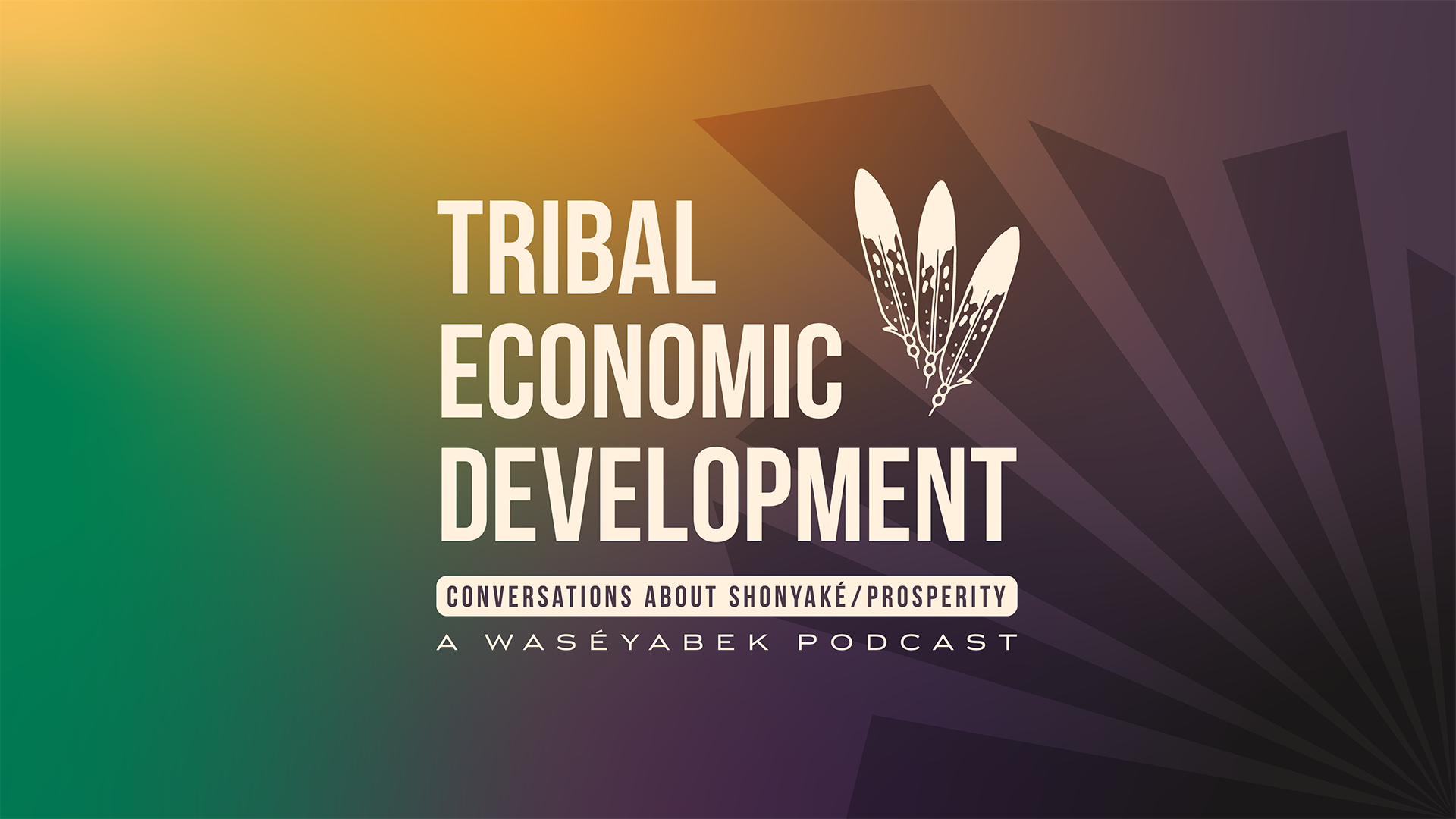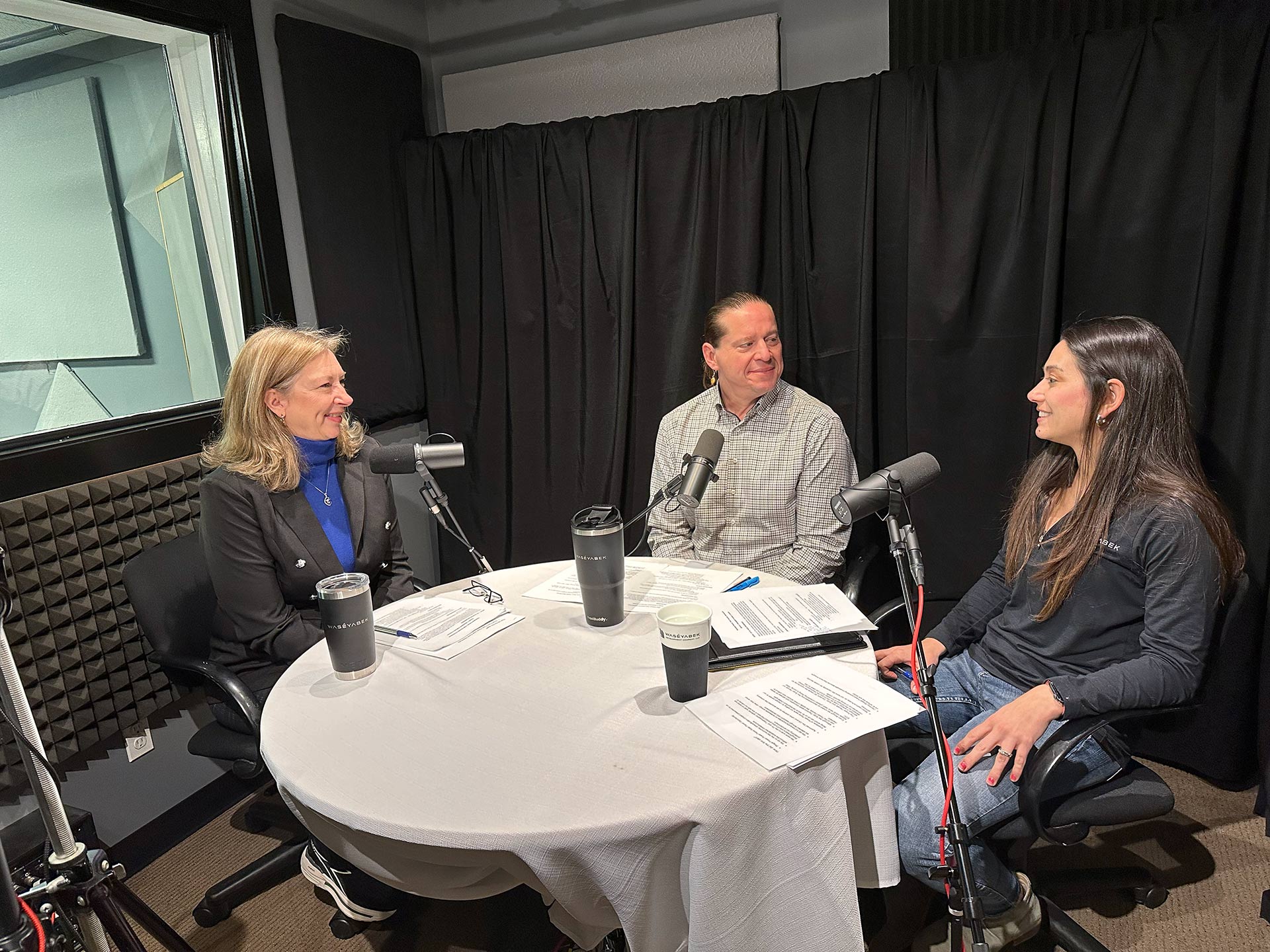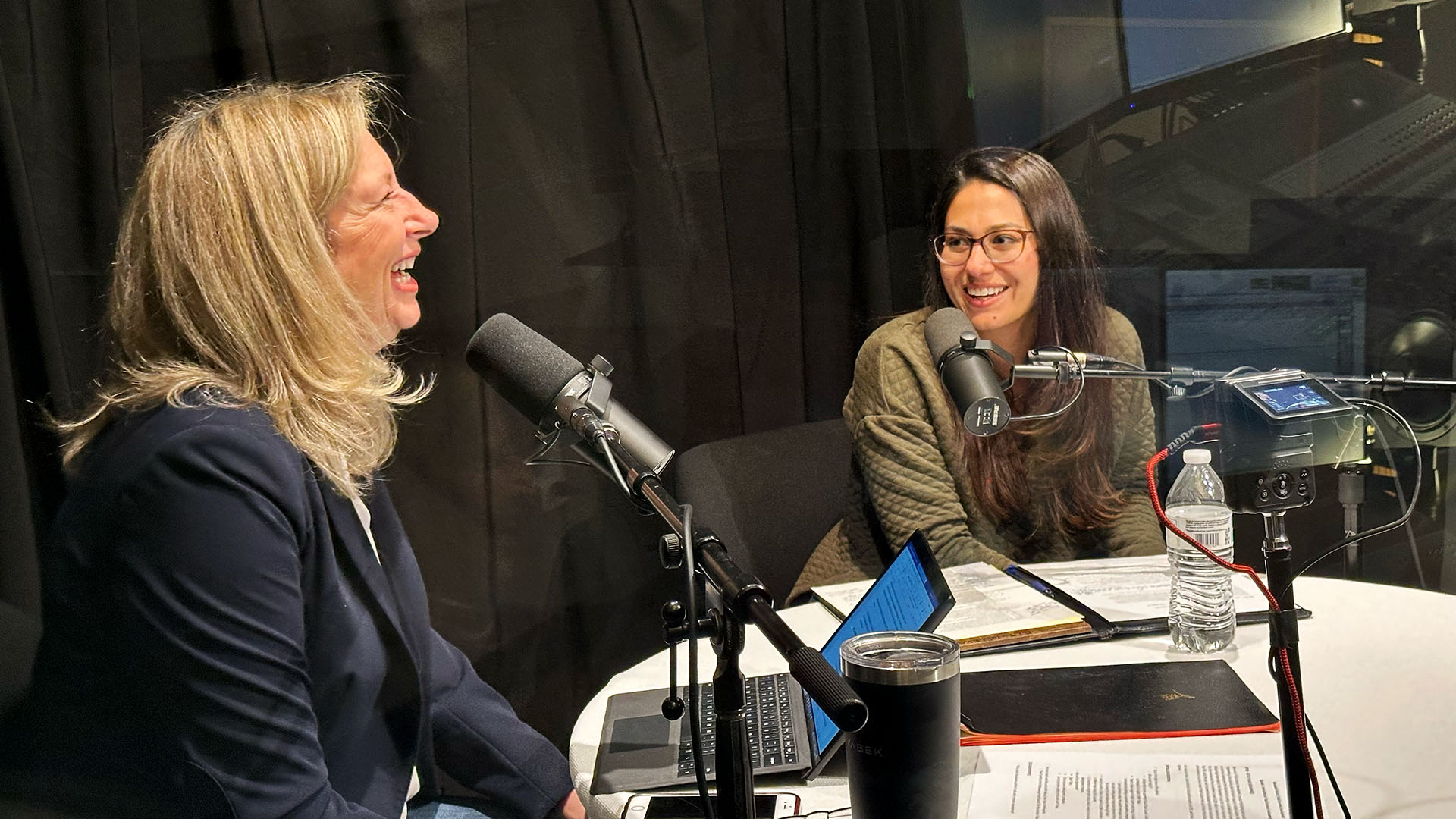
Waséyabek’s Portfolio Companies Target Bigger Share of Defense Industry Market at Annual Michigan Defense Expo
Providing Innovative Life–Cycle Solutions to Our Warfighters
Waséyabek Development Company, a leading economic development firm in Michigan’s Indian Country, will be out in force this week at the Michigan Defense Expo (MDEX) at Macomb Community College. During the event, the company will unveil Waséyabek Defense, a collection of Tribally owned small businesses providing deep expertise in new and innovative solutions for the military and other defense industry businesses. Four Waséyabek portfolio businesses, Baker Engineering, RSI Manufacturing, Safari Circuits, and recently acquired VES, make up Waséyabek Defense.
The annual expo known as MDEX is hosted by the Michigan Chapter of the National Defense Industrial Association (NDIA) and is promoted as a premier Department of Defense (DoD) buy/supplier event. Waséyabek Defense’s engagement in this year’s event reflects its strategic commitment to increase new revenues for its Tribal owners.
“Our overarching mission is to identify and optimize new non-gaming revenue streams for the Nottawaseppi Huron Band of the Potawatomi,” said Deidra Mitchell, President & CEO of Waséyabek. “Securing federal contracts with the Department of Defense and other suppliers in the defense industry is a key part of our business strategy.”
With strong operational bases in both Maryland and Michigan, VES is already a trusted provider of integrated software solutions for the DoD, and is aiming to broaden its market share.
“Now that Waséyabek is our majority owner, we’re looking to optimize new business opportunities in Michigan with other portfolio companies. MDEX provides us a great venue to do that.”
Baker Engineering, based in Nunica, Michigan, also has experience serving customers in the defense industry, primarily providing power and propulsion engineering and prototyping solutions. The company has been focused on designing propulsion elements that are lighter in weight and deliver greater range for military operations.
RSI Manufacturing of Muskegon, Michigan, and Safari Circuits, based in Otsego, Michigan, will be showcasing their engineering and manufacturing services at MDEX for the first time.
“We’re thrilled to have Waséyabek Defense at MDEX 2024,” said Misty Martin, NDIA Board Member and Chair of MDEX. “This event is critical because it facilitates direct conversations between DoD and defense industry leaders and the designers and engineers behind the industry’s latest cutting-edge technologies.”
“We’ve spent the past couple of years building out our portfolio to target the defense industry and federal contracting space. We’re now ready to provide a full set of life-cycle solutions to warfighters, regardless of the scale of the project.”
MDEX takes place April 23-25 at the Macomb Community College Expo Center at 14500 E. Twelve Mile Road in Warren. Waséyabek Defense companies will be stationed in booths H3-H8.










